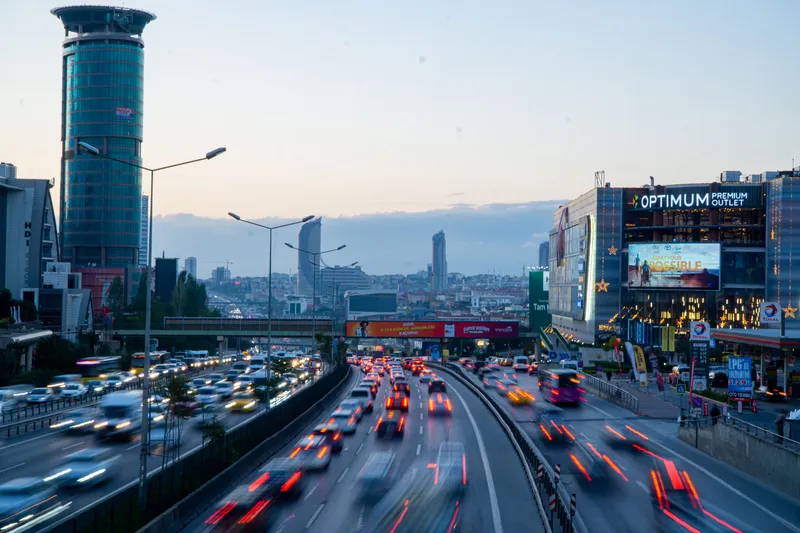From summer 2017, the Dutch Ministry of Infrastructure and the Environment will begin operating the new national data transfer point Traffic Light Exchange (TLEX), which has been developed as part of the Talking Traffic Innovation Project.
TLEX is central point for automated real-time data exchange between new smart traffic signal systems (iVRIs) and road users, enabling road users, iVRIs and infrastructure to communicate with one another in real time with the aim of achieving a smooth, efficient and saf
March 29, 2017
Read time: 2 mins
From summer 2017, the Dutch Ministry of Infrastructure and the Environment will begin operating the new national data transfer point Traffic Light Exchange (TLEX), which has been developed as part of the Talking Traffic Innovation Project.
TLEX is central point for automated real-time data exchange between new smart traffic signal systems (iVRIs) and road users, enabling road users, iVRIs and infrastructure to communicate with one another in real time with the aim of achieving a smooth, efficient and safe flow of traffic. Access to the data of all iVRIs, regardless of traffic signal supplier, is provided via TLEX, creating national coverage.
TLEX receives data from traffic signals, iVRIs and road users via smartphone or navigation system, as well as data on weather conditions, available parking spaces, accidents and traffic volume and flow. This data is stored in the cloud and transmitted as tailored information to road users via an app or navigation system; it can also be used by road managers to adjust traffic signals to improve traffic flow or give priority to emergency vehicles.
TLEX is central point for automated real-time data exchange between new smart traffic signal systems (iVRIs) and road users, enabling road users, iVRIs and infrastructure to communicate with one another in real time with the aim of achieving a smooth, efficient and safe flow of traffic. Access to the data of all iVRIs, regardless of traffic signal supplier, is provided via TLEX, creating national coverage.
TLEX receives data from traffic signals, iVRIs and road users via smartphone or navigation system, as well as data on weather conditions, available parking spaces, accidents and traffic volume and flow. This data is stored in the cloud and transmitted as tailored information to road users via an app or navigation system; it can also be used by road managers to adjust traffic signals to improve traffic flow or give priority to emergency vehicles.








